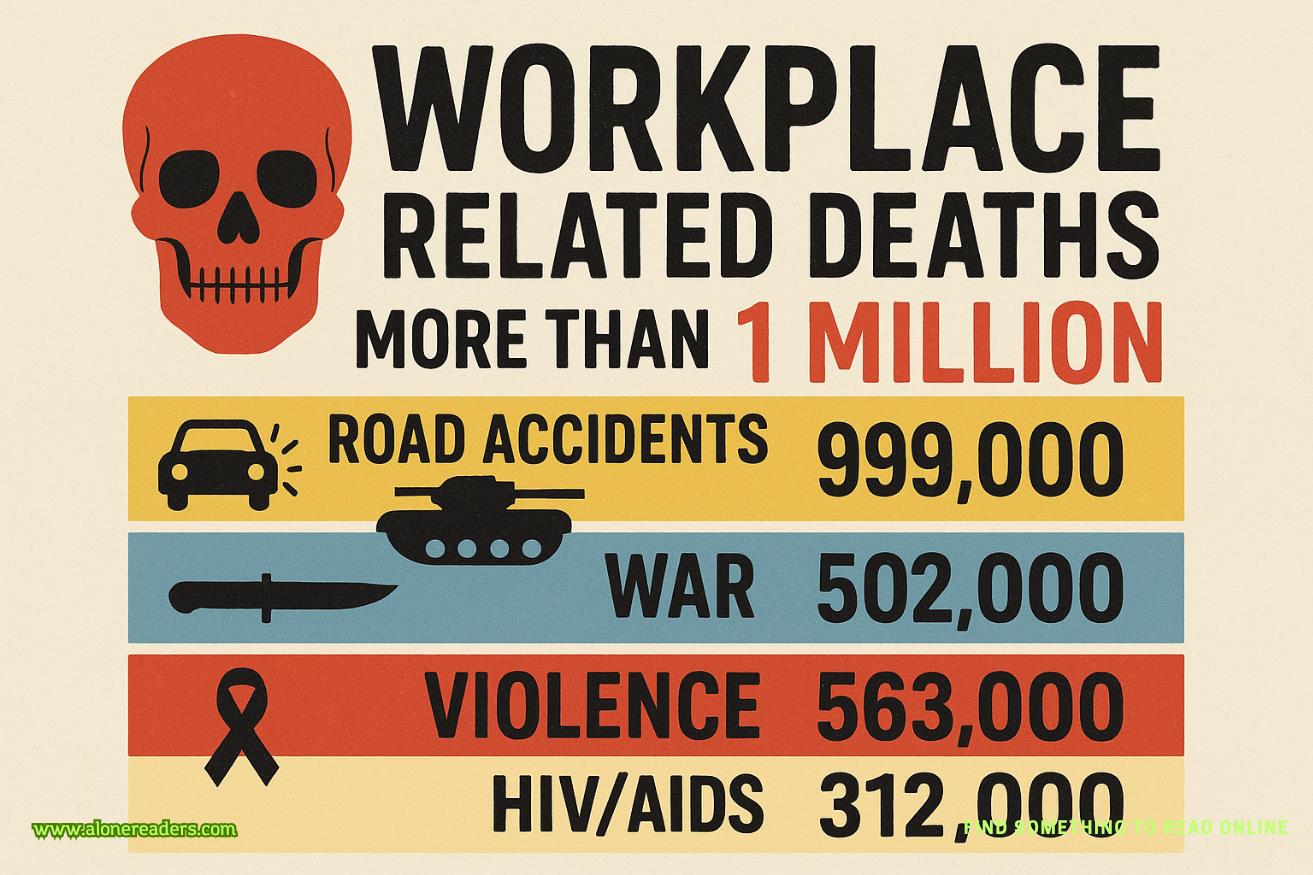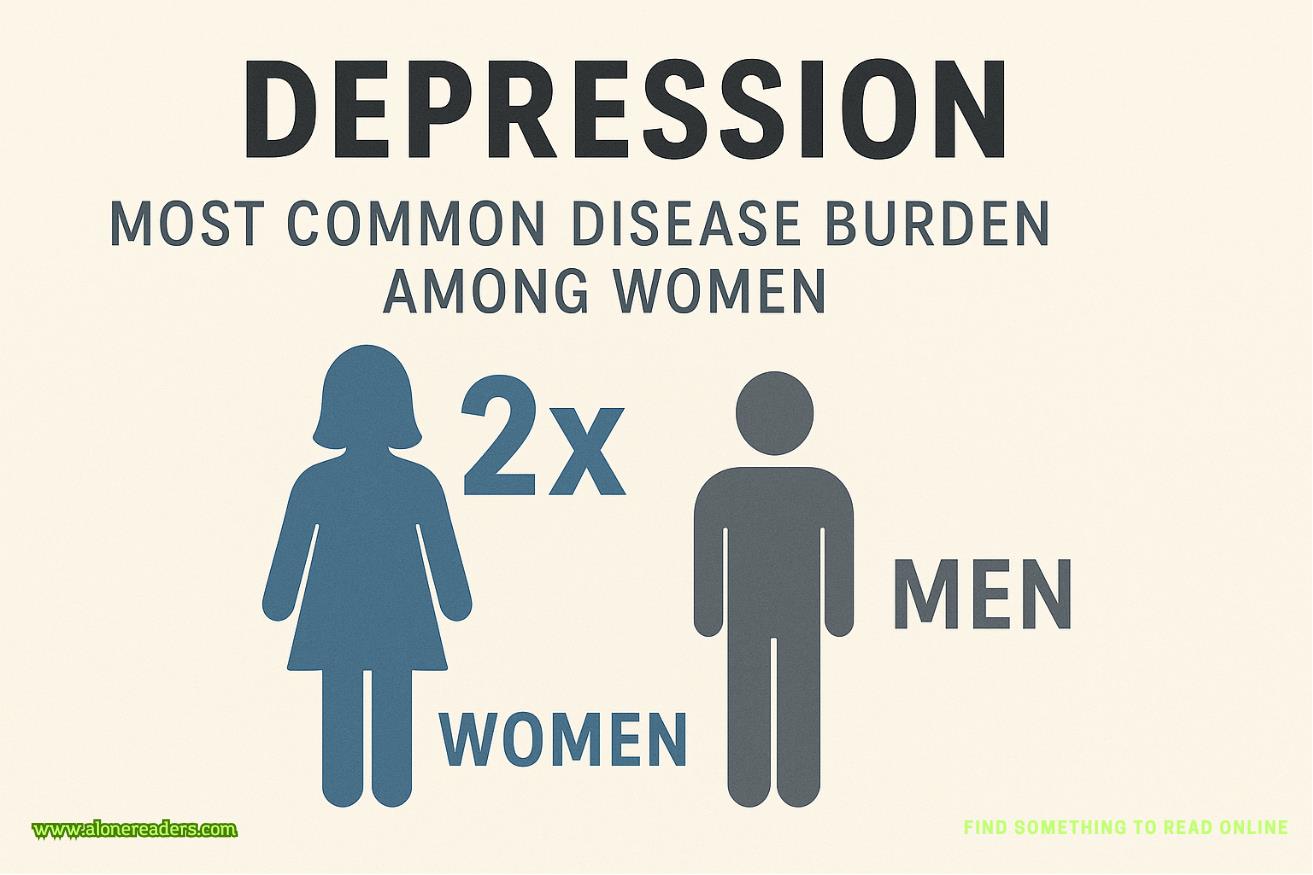Page 54 of Love, Remember Me
He had not forgotten, although there had been little warmth in his grandfather's house. Now he had found that warmth that he had sought, and the family he had always longed for.
They returned to court the following day. Nyssa reported immediately to the queen, who told her privately, "He has gifted Mistress Howard vith several substantial land grants, and a gold pomander ball. I think my time here grows short, Nyssa. If you vould like, you may return to your home vith your bridegroom as soon as you vish."
Nyssa shook her head. "I will remain with you, madame," she told her mistress, and then she smiled. "Giles tells me that you have asked him to remain in your service. He is very pleased."
"He is a goot boy," the queen said with a smile. "He and Hans get along quite vell. I vill need only two pages, as Hendrick has already told me privately that my household vill be considerably reduced."
"Will you mind, dear madame?" Nyssa asked her.
"Nein," was the reply. "I do not really enjoy all the pomp and ostentation of this court, although I vill admit to enjoying the dancing, the cards, and my new clothes. I haf chosen Richmond for my home. Hendrick has said he vill gif me another house or two as vell. I haf left it to him to decide. Richmond is a pretty place, and I enjoy the river. It reminds me of the Rhine River in my homeland. I vill be happy there. I vill entertain the Princess Mary, who has become my friend, and Hendrick has promised me that little Bess may come to stay vith me from time to time. She is such an intelligent child. I do luf her."
"You will be content then, madame, and are not unhappy to remain in England?" Nyssa asked her. "Will you not miss your family?"
"Vhen I came to ved the king, I left my family behind," the queen said. "I vould far prefer to remain in England than to go back to my brother's court. Our father vas a stern man, but he had a sense of humor about him. My brother Wilhelm is too dour a man. Once he is satisfied that I am happy, he vill let it be. I am freer in England than I vould be if I returned to Cleves. I vill never haf to marry again, Nyssa. I think I prefer it that vay. But vhat of you? Is your husband satisfactory? Despite the circumstances of your marriage, I vould hope that you could find happiness in it."
"Varian is a man of humor," Nyssa replied with a smile.
"And you enjoy his . . ." The queen stopped a moment, nonplussed.
Nyssa realized immediately what she was asking, and replied, "Aye, madame, I do enjoy his attentions. Although I am unable to make any comparisons, I will admit that he gives me great pleasure in our bed sport. I believe that I like him."
"Vell then," Anne replied, "it is a goot beginning."
The attentions now lavished openly upon Catherine Howard by the king removed Nyssa and her husband from the gossipmongers' minds. They had far better fodder to chew upon now than the impetuous midnight marriage of the Earl of March and Lady Nyssa Wyndham. Lord Lisle, the father of Anne and Katherine Bassett, had been arrested on Cromwell's orders. The sisters were terrified. Then Gardiner's ally, Bishop Sampson, was sent to the Tower. Every day brought a new revelation, and the king was behaving like a lad of twenty instead of a man facing his forty-ninth birthday.
The king and queen appeared together on May Day, and for the next five days at the jousts at Westchester. They were seen at the banquets following the jousts that were held at Durham House. These banquets were open to the public, who came to view the king, the queen, and their court. Anne of Cleves was very much liked by the common people, who saw in her a royal princess of charm and dignity. If Henry Tudor was uncomfortable knowing this, he hid it well. He entertained the victors of the jousts, rewarding them with purses of one hundred marks each and houses in which they might live. Henry and Anne were never again seen together at a public function as man and wife after the May Day week festivities.
The month passed quickly. Catherine Howard, officially still one of the queen's maids of honor, was seen less and less in the Maidens' Chamber, or in Anne's presence. It was a difficult situation. Anne pretended, as she had secretly promised Henry, to be in ignorance of her situation. The queen, however, saw that things were coming to a head when on June tenth Thomas Cromwell was arrested at the council table in the Privy Council by the Captain of the Guard.
Upon being informed of his arrest, the chancellor snatched the bonnet off his head and threw it angrily upon the table. "God help and save my master, the king!" he cried as a triumphant Norfolk, aided by the Earl of Southampton, stripped him of his badges of office and his seals. "You play at power, my lords, but you have no idea of how really dangerous a game it is you play," Cromwell warned as the Captain of the Guard took him in his charge, escorting him to the waiting barge that would take him down the river to the Tower.
Thomas Cromwell's arrest order was filled with allusions to his low background, and everyone knew that to be the work of the Duke of Norfolk, who hated the fact that a man of humble background could have climbed so high. The chancellor was accused of treason. There were generalities about his maladministration and abuse of power, none of which was provable. It was said he had usurped the royal power by setting traitors free; that he had granted passports, and drawn up commissions without royal permission. Worse, he was accused of supporting heresy by two of his enemies, Sir George Throckmorton and Sir Richard Rich. The latter had perjured himself shamelessly at the trial of Sir Thomas More.
It was all a fabrication by Cromwell's enemies, and he had made many in both high and low places. The king chose to believe the allegations because it was convenient for him to do so. He was still angry at Cromwell for having gotten him into the marriage with Anne of Cleves in the first place. Cromwell wrote to the king, piteously asking forgiveness for his crimes and begging for his master's mercy. Henry ignored his faithful servant.
Archbishop Cranmer, knowing Cromwell for no heretic, bravely attempted to intervene on his friend's behalf. He was one of the few people at court who actually liked and completely understood Thomas Cromwell. He knew him to be the most loyal of all the king's servants. Everything Cromwell had done, he had done in Henry Tudor's best interests. The king would have none of it. Cromwell was guilty and must be punished for his alleged offenses. Bishop Sampson, the Bishop of Chichester, arrested earlier in the spring on Cromwell's orders, was freed, as were Sir Nicholas Carew and Lord Lisle, the Governor of Calais, the Bassett sisters' father. There had been five other bishops on Cromwell's blacklist, but he had not had the time to act against them before his own arrest.
Catherine Howard had moved across the Thames to Lambeth Palace, having left the queen's service. It was an open scandal among the common people who saw their king being rowed across the river on a daily basis to spend time with his ladylove. Even the queen could no longer pretend she was not aware of his behavior, but whatever she might have thought, she kept to herself. Publicly she would say nothing that would feed the gossip mills. To her ladies who attempted to bait her, she would say, "If it makes his grace happy, so be it."
On the morning of June twenty-fourth the king came to the queen's apartments and said for all to hear, "The weather is hot for June, madame. I fear the plague will soon break out. I would have you leave this day for Richmond Palace for your health's sake. I will join you in two days' time." Then he kissed her dutifully upon her cheeks and departed. They would never meet again as man and wife.
Word was soon speeding through the court that the king was sending the queen to Richmond for her "health." The queen went docilely, smiling and waving to all the people along her route who cheered Queen Anne gladly from their hearts. Shockingly, the king and Mistress Howard were entertained that very night by Bishop Gardiner, who gave a gala banquet in their honor at his palace. The court was abuzz. There was no longer any doubt that the king meant to replace Anne of Cleves, and quite soon—but how?
Five days after the queen's departure for Richmond, a Bill of Attainder was passed against Thomas Cromwell. As he was accused of treason, his civil rights were to be eliminated and his property confiscated. The king had not yet joined the queen at Richmond, and everyone knew now he did not intend to do so. In the first week of July, the House of Lords formally petitioned the king to investigate through the clergy the legality of his marriage to Anne of Cleves. Henry agreed, claiming that he had been "espoused against his will." This declaration caused some amusement among the court, none of whom had ever known the king to do anything against his will.
The Privy Council departed that same day in mid-afternoon for Richmond to see the queen. They would need her consent to the proceedings. They traveled the river, nervous, and unappreciative of the fair summer day and the beautiful countryside about them.
"Pray God she is no Katherine of Aragon," Lord Audley said to his companions in the first barge.
"Aye," Suffolk answered. "He's in no mood to be denied much longer, and like the other two, Cat Howard is dangling her virtue before him like a prize to be won. He'll not get between her legs without a wedding band and the crown matrimonial." Suffolk shook his head." 'Tis the same game they all play, yet he does not learn. First the Boleyn, then Lady Jane, and now this girl."
"I believe you will find Queen Anne most reasonable," Archbishop Cranmer said quietly. "She is a sensible lady, and most wise."
The three barges carrying the Privy Council arrived at Richmond's stairs. The queen, who had not been forewarned, greeted them cautiously. What if Hendrick had changed his mind about the terms of the dissolution of their marriage they had secretly agreed to months ago? What if he had decided to send her back to Cleves? Anne eyed her guests nervously. Carefully, the Duke of Suffolk, who was the Lord President of the Privy Council, explained the situation, believing it would come as a complete shock to the young queen. He asked that young Hans von Grafsteen translate his words into the queen's native tongue so that she would be certain to completely understand him and fully comprehend what was involved. The queen's ladies were goggle-eyed at the proceedings. What a story they would have to tell after it was all over. Their heads swung between the Privy Council and the queen.
"So," Anne said to Hans in their own High Dutch, "it has finally come. He will take his new bride, and spend a summer of romantic love. God help the poor girl!" She wiped at her blue eyes with a lace-edged scrap of linen, thereby giving them all the impression she was saddened by her situation.
"What should I answer the duke, Your Grace?" Hans asked.















